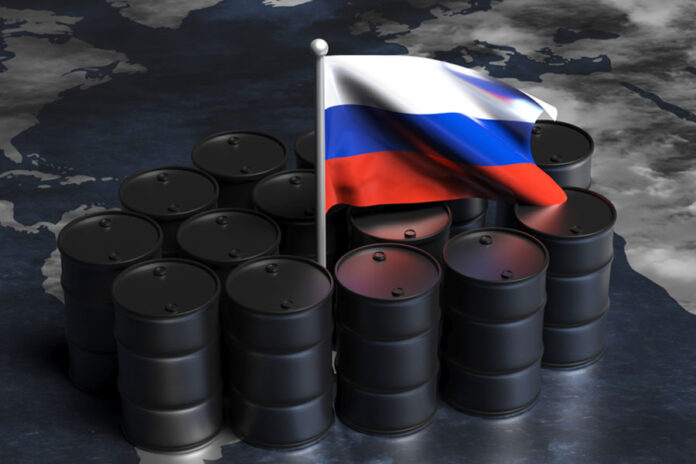NEW DELHI: India’s state-run refiners Indian Oil and Bharat Petroleum have bought Russian oil for September and October delivery, resuming purchases after discounts widened, two company officials aware of the matter said on Wednesday.
The resumption in Russian oil imports by Indian state refiners could reduce supplies for top buyer China which had stepped up purchases during their absence.
The refiners halted purchases in July due to narrower discounts and after India was criticised by Washington for its purchases of Russian oil. President Donald Trump also threatened an additional 25% levy on Indian goods, effective August 27, to penalize New Delhi for its continued buying of the oil.
Discounts for Russian flagship Urals crude have widened to about $3 per barrel, making the oil attractive for Indian refiners, while China has stepped up purchases, the officials said.
In addition to Urals, IOC has also bought other Russian crude oil grades including Varandey and Siberian Light, they said.
Indian companies do not comment on their crude imports.
On Monday, IOC, the country’s top refiner, told analysts that it would continue to buy Russian oil depending on economics.
In recent weeks, Chinese refineries bought 15 cargoes of Russian oil for October and November delivery, according to two analysts and one trader.
On the other hand, Russia also expects to continue supplying oil to India despite warnings from the United States, Russian embassy officials in New Delhi said on Wednesday, adding that Moscow hopes trilateral talks will soon take place with India and China.
“I want to highlight that despite the political situation, we can predict the same level of oil import (by India),” Roman Babushkin, the charge d’affaires at the Russian embassy in India, told a press briefing.
He predicted India and Russia would find ways to overcome Trump’s latest tariffs in their “national interests”.
Russian First Deputy Prime Minister Denis Manturov said separately that Russia saw scope for supplies of liquefied natural gas to India.
“We continue to ship fuel, including crude oil and oil products, thermal and coking coal. We see potential for the export of Russian LNG,” Manturov was quoted as saying by Interfax news agency.
He also said, according to the RIA news agency, that Russia was counting on expanding nuclear energy cooperation with India.
Trade talks between India and the U.S. broke down over the opening up of India’s vast farm and dairy sectors, as well as its purchases of Russian oil. The total tariff announced on Indian goods entering the U.S. is 50%.
The Indian foreign ministry did not immediately reply to an emailed request for comment.
It has previously said the U.S. decision to single out India for Russian purchases was “extremely unfortunate”.
Russia’s Deputy Trade Commissioner Evgeny Griva on Wednesday said buying oil from Russia is “very profitable” for India, which will not want to change its supplier.
On average Russia gives a 5%-7% discount to Indian buyers, he said, adding that Russia has a “very, very special mechanism” to continue oil supplies to India.
In addition, he said Russia had started accepting Indian rupee payments for its goods after the resolution of issues that had trapped billions of dollars worth of funds in Indian banks.
As tensions between Washington and New Delhi rise, high-profile visits from New Delhi and Beijing in recent weeks have raised hopes on the part of the Asian neighbours that ties damaged by a 2020 border clash can be repaired.
Indian Prime Minister Narendra Modi plans to visit China for the first time in over seven years later this month.
The planned visit was reported by Reuters last week, even as other high profile exchanges, including Chinese Foreign Minister Wang Yi’s two-day visit to New Delhi, concluded.
At the same time, Russia is trying to revive long-standing plans for a trilateral meeting with India and China to help them forge a “greater Eurasian partnership”.
“As far as the trilateral is concerned, we are quite hopeful that this format will be resumed sooner rather than later because its importance is not questioned,” Babushkin said.
“This is closely linked to the Russian initiative of the establishment of the greater Eurasian partnership,” Babushkin said.
Russian President Vladimir Putin will meet Modi in New Delhi by the end of year, he said. Putin, Modi and Chinese President Xi Jinping are also expected to all attend the Shanghai Cooperation Organisation starting August 31.




